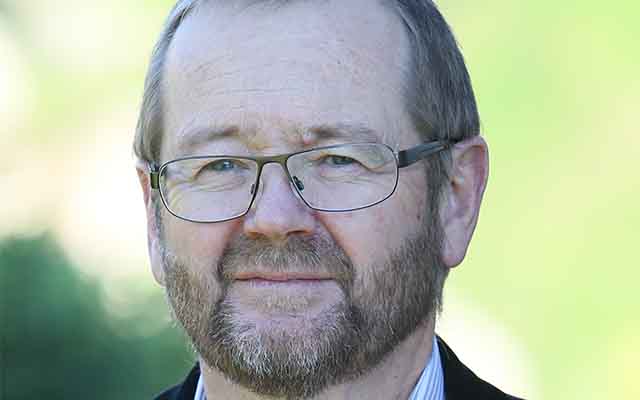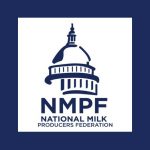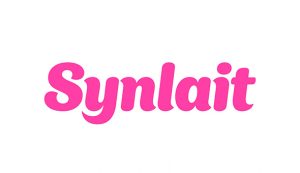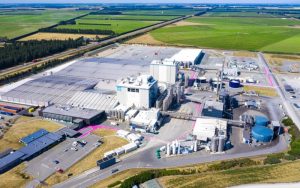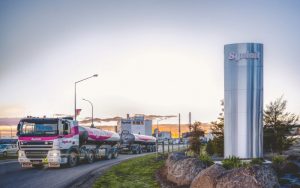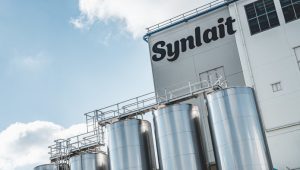
At the start of the season Synlait directors expected net profit in FY21 to be similar to last year’s $75 million, then in December they said net profit would be approximately half that of FY20.
They have now said the anticipated result for FY21 will be “broadly breakeven”, which includes the possibility of no profit overall and a small loss in the second half, which is already two months old.
When releasing its first-half results, Synlait said the December downgrade from major customer and minority shareholder a2MC was significant and sudden.
Until then, Synlait had been producing infant formulas for ongoing growth in demand.
“Our infant formula base powder production dropped significantly as we reset inventory levels,” the company announcement said.
“This has resulted in low utilisation of infant driers throughout FY21, which materially impacts Synlait’s profitability until a recovery occurs.”
The company’s current share price around $3.45 has kept pace with the large reductions in profitability forecasts.
It halved in the 11 months since the March/April 2020 covid-19 havoc and has retreated all the way from $10-plus over the past two years.
In the first half revenue was up 19% to $664m, helped considerably by the sales performance of newly acquired Oceania consumer goods processor Dairyworks contributing $112m revenue.
Earnings before interest, tax, depreciation and amortisation (Ebitda) were down 29% to $47.7m and net profit was down 76% to $6.4m compared with the previous corresponding period.
The new guidance implies that a small loss will be made in the second half of the financial year.
In the full year, Dairyworks is going to contribute Ebitda between $15m and $20m.
Cash flow in the first half was negative $69m compared with positive $12m, due to lower product margin mix, higher dairy prices and milk payments and shipping delays impacting cash collections.
Consumer-packaged infant formula sales were down 16% to 18,085 tonnes and production of IF base powder was down 61%.
Milk collection in the first half was up 18% to 56m kg milksolids as the North Island milk pool increased.
Synlait has a current milk price forecast of $7.20/kg, revised in January, now somewhat below the Fonterra range of $7.30-$7.90.
“We continue to be in a period of significant uncertainty and volatility as Synlait faces several headwinds,” chair Graeme Milne said.
Chief executive officer Leon Clement says the company’s focus was now on management of costs and capacity, and bringing forward some value creation initiatives.
“We will need time to get through this, but we remain confident about our future,” Clement said.
“Our investment phase is complete and we have the capacity, capability, and the customer base to generate significant value.
“Covid-19 hit us late, but we will emerge from the pandemic a stronger, more sustainable company.”
He identified operational savings totalling $20m this year and $200m more value to be extracted over two or more years from new consumer products and the already announced new multinational customer for the Pokeno plant.
Total inventories were $406m on January 31, compared with $306m the year before.
Although all banking covenant ratios were met during the first half, the company is now talking with ANZ and BNZ to increase leverage ratios to manage any risk at the end of the financial year.
Net debt was $485m compared with $527m at the end of FY20 and $447m in the first half of FY20.
The banking covenants include minimum shareholders’ funds of $400m and a requirement that Ebitda be three times the interest expense.
Share capital on January 31 was $465m after a $200m equity raise completed in November during which 39% shareholder Bright Dairy of China maintained its position.
